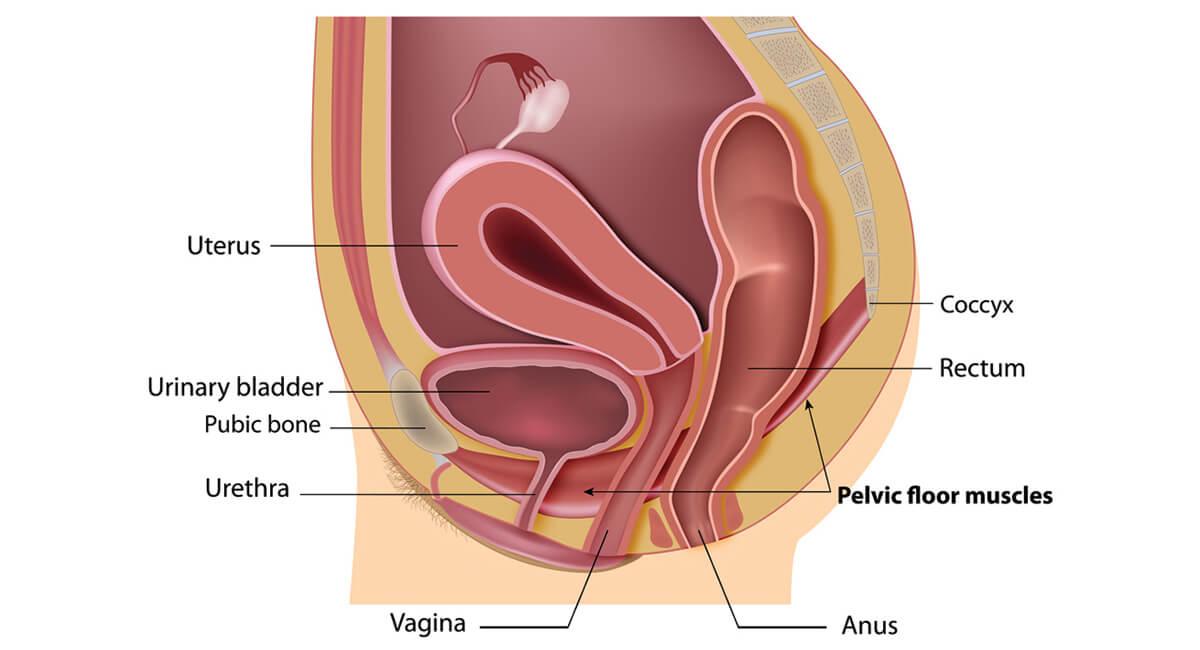
Introduction
According to some medical reports, more than half the women who have had childbirth may suffer from small bowel prolapse (enterocele); so, it is more common than you think it is. It occurs when your small bowel or small intestine falls out of place or slips out of its usual place, giving rise to discomfort and creating a significant amount of effect on a woman’s routine.
Request an Appointment at Smiles
What Are the Types of Small Bowel Prolapse?
- ● Pulsion: Happens due to continual pressure in the abdomen.
- ● Congenital: Birth defect; extremely rare.
- ● Traction: Occurs due to childbirth, pregnancy, estrogen loss, additional pressure from other prolapsed organs.
- ● Iatrogenic: Caused due to surgical procedures like hysterectomy.
What Are the Symptoms of Small Bowel Prolapse?
- ● A soft bulge of tissue in your vagina
- ● A feeling of pressure, fullness in your pelvic area, and pain
- ● Feeling of not emptying your bowel properly
- ● A pulling sensation in your pelvis, which improves when you lie down
- ● Urinary issues like a slow stream, frequency, urgency, a feeling of incomplete bladder emptying, and stress urinary incontinence
- ● Pain in the lower back area that lessens when you lie down
- ● Vaginal discomfort
- ● Pain during having sexual intercourse (dyspareunia)
Many women who suffer from small bowel prolapse (enterocele) may also face prolapses of other pelvic organs, like the uterus, bladder, or rectum.
What Causes Small Bowel Prolapse?
- ● Obesity or being overweight
- ● Pregnancy and childbirth
- ● Aging; growing age can weaken the muscles and ligaments that hold the pelvic organs in place
- ● Chronic constipation or strained bowel movement
- ● Lifting heavy objects repeatedly
- ● Bronchitis or chronic cough
- ● Low estrogen levels (more common in older patients)
- ● If you have had any pelvic surgery previously or have undergone radiation therapy in the pelvic area
- ● Have undergone surgery for urinary incontinence
How is Small Bowel Prolapse (Enterocele) Diagnosed?
- ● One technique is where your doctor asks you to take a deep breath. You need to lie down, hold your breath, and bear down like during your bowel movement. This causes the prolapsed small bowel to bulge in the downward direction. By doing this, if your doctor is unable to determine the problem, then the same process will be done in the standing position with one foot on a stool.
- ● Another way of diagnosing small bowel prolapse (enterocele) is through defecography (a non-invasive test to get images of rectal function).
What are Non-surgical Treatment for Small Bowel Prolapse?
- ● Observation – If you experience a few or no notable symptoms, then you don’t require treatment. There are self-care measures, like doing exercises called Kegels that can fortify your pelvic muscles and ligaments, which can provide respite from the existing symptoms. Also, by avoiding lifting heavy things and treating constipation, you can lower the chances of your prolapse getting worse.
- ● Estrogen therapy – If you are in a post-menopausal phase, then your doctor may advise using a vaginal gel, cream, or tablets to increase your estrogen levels. This helps in improving the vaginal lining after menopause.
- ● Vaginal pessary – In this, a removable plastic, silicone, or rubber ring is placed in your vagina to support the areas near the pelvic organ prolapse. Your doctor will measure, find, and fit the right pessary. You will need to remove and clean it regularly and visit the doctor every three months to get it replaced.
What are Surgical Treatment for Small Bowel Prolapse?
During a pelvic evaluation, if your doctor detects that you are also suffering from urethral prolapse or urethrocele, bladder prolapse, or cystocele, then this problem, too, can be handled in the same surgery.
What is the Result of Small Bowel Prolapse Treatment?
What Are the Risks Involved During the Surgery?
- ● Symptoms of constipation, low back pain, pain during intercourse might come back post-surgery
- ● Bladder injury
- ● Infection
- ● Development of an unusual opening or connection between two organs (fistula)
If your prolapse is not at a severe stage, then you can delay the surgery till you have no further plans to conceive.
Request an Appointment at Smiles
FAQ's
What should I Avoid After a Small Bowel Prolapse (Enterocele) Surgery?
- ● Strenuous activities
- ● Lifting any heavy objects
- ● Pushing or pulling
- ● Smoking; because it often leads to coughing that can put pressure on your organs
- ● Weight gain
- ● Standing for a long time
Most patients can resume their usual routine after six weeks.
What should be my Post-Surgery Diet?
What Type of Exercise is Beneficial for Me?
What Happens if this Issue is left Untreated?
Does Small Bowel Prolapse (Enterocele) Recur?
Need Help?
For any Information about our Locations, Doctors or Treatments.
